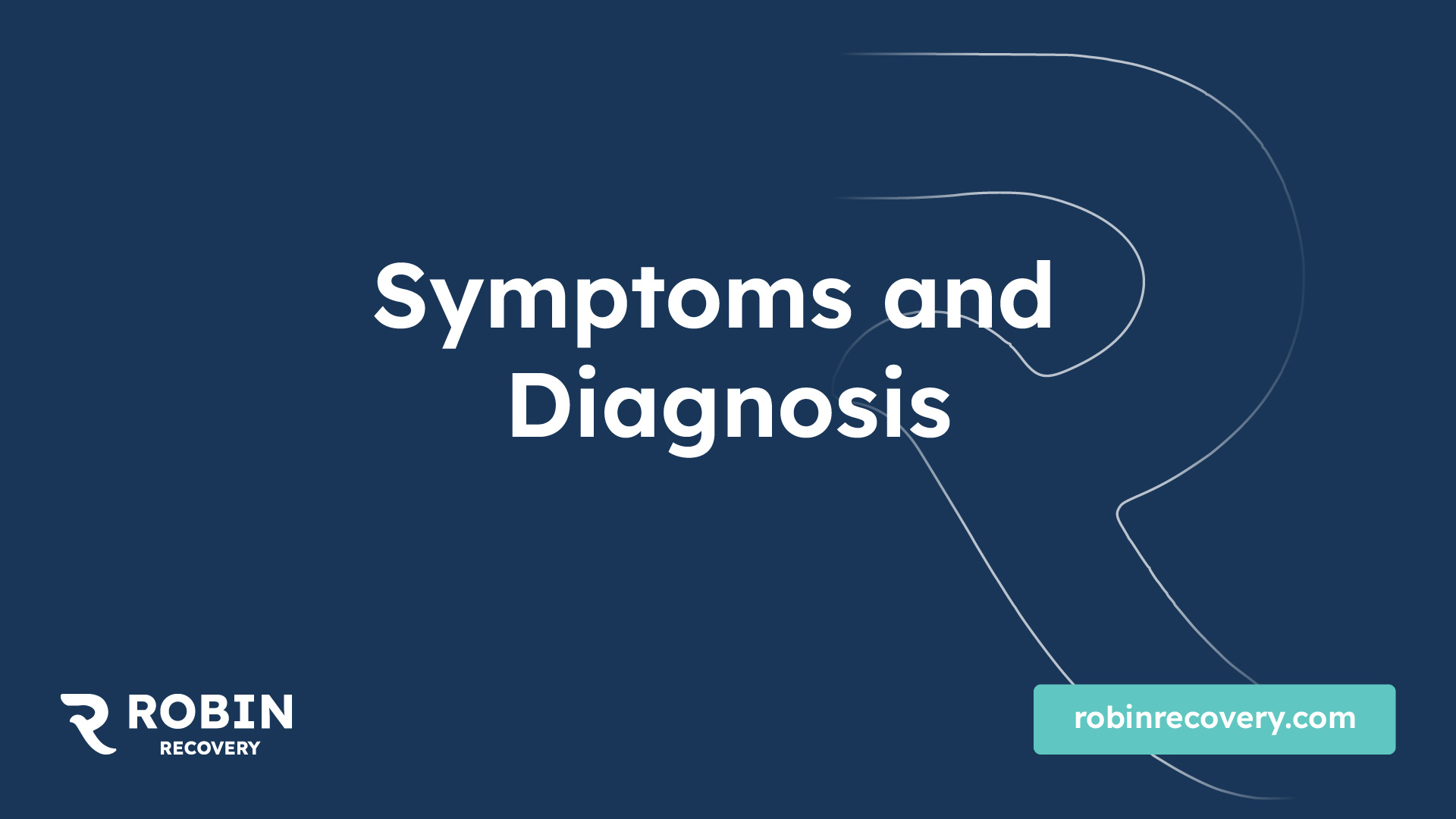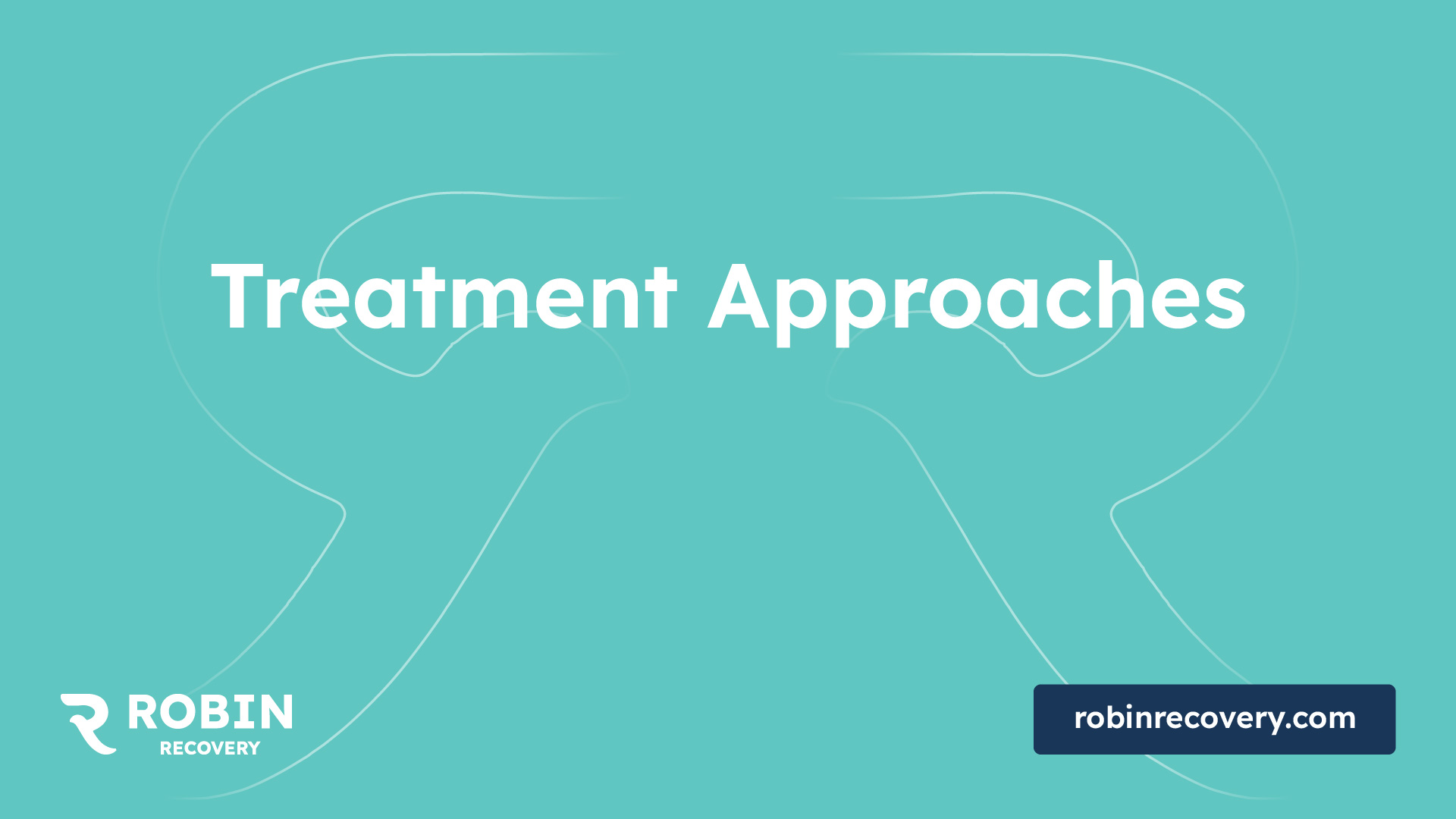Essential Insights into Wernicke-Korsakoff Syndrome

Understanding Wernicke-Korsakoff Syndrome
The impact of alcohol misuse extends beyond immediate intoxication, leading to severe health complications such as Wernicke-Korsakoff Syndrome (WKS). Chronic alcohol misuse can result in thiamine deficiency due to poor nutrition and malabsorption, with studies indicating that chronic drinkers often consume lower levels of thiamine [1]. Alcohol misuse stands as the primary cause of thiamine deficiency in the United States, paving the way for the development of Wernicke-Korsakoff Syndrome.
The development of Wernicke-Korsakoff Syndrome is a complex interplay of factors, primarily involving brain damage associated with Alcohol Use Disorder (AUD) and a deficiency in vitamin B1 (thiamine). WK syndrome encompasses two distinct but interconnected brain disorders: Wernicke's disease and Korsakoff's psychosis. These conditions frequently co-occur, with Wernicke's disease characterized by acute neurological symptoms and Korsakoff's psychosis marked by chronic memory and cognitive impairments.
Without timely intervention and treatment, Wernicke-Korsakoff Syndrome can have debilitating consequences, including permanent memory loss and life-threatening complications [2]. Recognizing the detrimental effects of alcohol misuse on thiamine levels and the subsequent development of Wernicke-Korsakoff Syndrome underscores the critical need for early detection, intervention, and comprehensive treatment approaches.

Symptoms and Diagnosis
When it comes to Wernicke-Korsakoff syndrome, recognizing the distinct symptoms of Wernicke's disease and Korsakoff's psychosis is crucial for early diagnosis and treatment.

Recognizing Wernicke's Disease
Wernicke's disease is the acute phase of Wernicke-Korsakoff syndrome and is characterized by a range of symptoms that primarily affect neurological and cognitive functions. Some common signs of Wernicke's disease include confusion, abnormal eye movements (nystagmus), and difficulty with coordination and balance while walking. Vision disturbances, such as double vision or eyelid drooping, may also be present.
Prompt recognition and treatment of Wernicke's disease are essential to prevent the progression to Korsakoff's psychosis. Thiamine therapy is the cornerstone of treatment for Wernicke's disease and involves the administration of high doses of thiamine to restore thiamine levels in the body.
Identifying Korsakoff's Psychosis
Korsakoff's psychosis represents the chronic stage of Wernicke-Korsakoff syndrome and is characterized by severe and persistent memory deficits, confabulation (making up stories to fill memory gaps), and hallucinations [2]. Unlike the symptoms of Wernicke's disease, the cognitive impairments associated with Korsakoff's psychosis are typically irreversible, emphasizing the importance of early intervention.
Individuals with Korsakoff's psychosis may exhibit profound memory loss, especially regarding recent events, and may struggle to form new memories. They may also engage in confabulation as a way to compensate for their memory deficits. Hallucinations, particularly visual hallucinations, can also occur in some cases.
Given the serious and potentially irreversible nature of Korsakoff's psychosis, comprehensive care that includes cognitive rehabilitation, behavioral interventions, and ongoing thiamine supplementation is essential. Managing the symptoms of Korsakoff's psychosis requires a multidisciplinary approach to address the complex cognitive and behavioral challenges that individuals may face.
By understanding the distinct symptoms of Wernicke's disease and Korsakoff's psychosis, healthcare providers can make accurate diagnoses and tailor treatment strategies to meet the unique needs of individuals affected by Wernicke-Korsakoff syndrome. Early intervention and comprehensive care are essential in improving outcomes and enhancing the quality of life for individuals living with this debilitating condition.
Treatment Approaches

Thiamine Therapy
Intravenous Vitamin B1 Replacement
When it comes to addressing Wernicke-Korsakoff Syndrome, two primary treatment approaches are commonly employed: thiamine therapy and intravenous vitamin B1 replacement.
Thiamine Therapy
Thiamine therapy plays a crucial role in the management of Wernicke-Korsakoff Syndrome. According to American Addiction Centers, thiamine therapy can lead to varying levels of improvement in symptoms after 5-12 days of treatment. However, full recovery is considered rare in cases of severe neurological damage.
Traditional treatment regimens in the United States have typically involved the administration of 100 mg of parental (intravenous or intramuscular) thiamine for 3-7 days, followed by oral thiamine supplementation indefinitely for individuals who continue to consume alcohol. Some experts, such as the Royal College of Physicians, have recommended higher doses of thiamine, suggesting 500 mg intravenously three times a day for 2-3 days based on reported cases where higher doses were necessary for symptom resolution [3].
High-dose thiamine, up to 500 mg three times a day intravenously, may be required for the effective treatment of Wernicke-Korsakoff Syndrome. Studies have shown that high-dose oral thiamine (500-1500 mg) can achieve high blood levels in healthy individuals. However, it is generally recommended that parental thiamine be the primary treatment approach initially until further clinical studies on high-dose oral thiamine are conducted.
Intravenous Vitamin B1 Replacement
Intravenous vitamin B1 replacement is another essential component of the treatment strategy for Wernicke-Korsakoff Syndrome. The administration of high-dose thiamine intravenously, especially in severe cases, has shown positive outcomes, even if treatment is initiated late. Reports indicate that responses to high-dose thiamine have been observed up to 30 days after the initiation of treatment with lower doses [3].
Monitoring thiamine levels post-treatment is crucial in determining the appropriate route of administration and dosage for ongoing management. Although allergic or anaphylactic reactions to thiamine can occur, they are rare, with a large number of patients having received parental thiamine without reported severe reactions.
Thiamine therapy and intravenous vitamin B1 replacement are critical components of the treatment regimen for Wernicke-Korsakoff Syndrome, emphasizing the importance of prompt diagnosis and intervention to mitigate the neurological consequences of this condition.
Prevention and Management
When it comes to wet brain: essential guide to Wernicke-Korsakoff syndrome, a crucial aspect of managing and preventing this condition is focusing on proper nutrition and addressing co-occurring symptoms. Chronic alcohol misuse is a primary contributor to the development of Wernicke-Korsakoff Syndrome due to thiamine deficiency resulting from poor nutrition and malabsorption, with chronic drinkers often consuming lower levels of thiamine [1].
Importance of Proper Nutrition
Proper nutrition plays a vital role in preventing and managing Wernicke-Korsakoff Syndrome. Individuals with alcohol use disorder (AUD) are at an increased risk of thiamine deficiency, which can lead to the development of Wernicke's disease and Korsakoff's psychosis [2]. To mitigate this risk, it is essential to ensure adequate intake of thiamine-rich foods or supplements.
Thiamine (vitamin B1) is crucial for maintaining proper brain function and metabolism. Including thiamine-rich foods such as whole grains, lean meats, nuts, and seeds in the diet can help prevent thiamine deficiency. In cases of severe deficiency, thiamine supplementation, either through injections or tablets, may be necessary to restore optimal levels and reduce the risk of developing Wernicke-Korsakoff Syndrome.
Addressing Co-Occurring Symptoms
In addition to focusing on nutrition, addressing co-occurring symptoms is essential in the prevention and management of Wernicke-Korsakoff Syndrome. Proper management often involves a multifaceted approach that includes intravenous administration of vitamin B1 and glucose for Wernicke's disease, and intravenous vitamin B1 replacement therapy, oral supplements, hydration, and other medications for Korsakoff's psychosis.
Memory rehabilitation therapies can also play a significant role in managing the cognitive impairments associated with Korsakoff's psychosis. These therapies aim to improve memory function and enhance cognitive skills, offering individuals the opportunity to regain some level of cognitive function. In severe cases, residential care may be necessary to provide round-the-clock support and specialized treatment.
By emphasizing the importance of proper nutrition and addressing co-occurring symptoms, individuals at risk of or diagnosed with Wernicke-Korsakoff Syndrome can take proactive steps towards managing the condition effectively and improving their overall quality of life. It is crucial to seek professional medical advice and support to develop a personalized treatment plan tailored to individual needs and circumstances.
Statistics and Risk Factors
When examining the prevalence worldwide of Wernicke-Korsakoff syndrome, it becomes evident that this condition impacts individuals on a global scale. It is estimated that up to 2% of people worldwide are affected by Wernicke-Korsakoff syndrome. The syndrome often develops as a result of untreated Wernicke encephalopathy, with approximately 50% of individuals progressing to develop Korsakoff syndrome. Notably, the incidence of Korsakoff syndrome rises to 80% among those diagnosed with alcohol use disorder.
PopulationWernicke-Korsakoff Syndrome PrevalenceGlobalUp to 2%
Gender and Age Factors
Wernicke-Korsakoff syndrome exhibits a notable gender and age bias in its occurrence. Typically, this syndrome affects more men than women, with a higher concentration observed in individuals aged between 30 and 70 years. The majority of alcohol-related cases of Wernicke-Korsakoff syndrome involve men over the age of 40. On the other hand, women and younger individuals are more likely to develop the syndrome due to causes unrelated to alcohol misuse. It is important to note that Wernicke-Korsakoff syndrome is rarely reported in children.
Understanding the statistical distribution based on gender and age is crucial for identifying at-risk populations and tailoring prevention and management strategies accordingly. By recognizing these gender and age factors associated with Wernicke-Korsakoff syndrome, healthcare professionals can implement targeted interventions to mitigate the impact of this condition on vulnerable individuals.
Future Research and Considerations
In the realm of addiction, particularly concerning the development of Wernicke-Korsakoff syndrome, there are ongoing research efforts aimed at enhancing understanding and treatment strategies for this complex condition. Two key areas that require further exploration are the need for additional studies and the exploration of thiamine supplementation strategies.
Need for Further Studies
While advancements have been made in the realm of Wernicke-Korsakoff syndrome research, there is still a substantial need for further studies to expand our knowledge and treatment options. An intriguing revelation from a large, prospective study highlighted the potential benefits of thiamine-enriched bread flour in reducing the prevalence of Wernicke-Korsakoff syndrome in Australia. However, the broader application of thiamine fortification in alcoholic beverages or other dietary sources has not been systematically studied. Therefore, additional research is essential to determine the most effective preventive and therapeutic measures for individuals at risk of or affected by this syndrome.
Thiamine Supplementation Strategies
Thiamine supplementation plays a crucial role in the management of Wernicke-Korsakoff syndrome. Studies have demonstrated that high-dose oral thiamine, ranging from 500 to 1500 mg, can lead to substantial increases in blood thiamine levels in healthy individuals. Despite these promising findings, clinical trials focusing on the efficacy of high-dose oral thiamine in treating Wernicke-Korsakoff syndrome are lacking. As a result, the current recommendation leans towards parenteral thiamine administration as the primary treatment approach for individuals presenting with this condition [3]. Further investigations into the optimal dosage, frequency, and duration of thiamine supplementation are warranted to refine treatment protocols and improve outcomes for individuals affected by Wernicke-Korsakoff syndrome.
Continued research endeavors in these areas are crucial for advancing our understanding of Wernicke-Korsakoff syndrome and enhancing the quality of care provided to individuals experiencing this debilitating condition. By prioritizing the need for further studies and exploring innovative thiamine supplementation strategies, the medical community can work towards optimizing prevention, diagnosis, and treatment approaches for Wernicke-Korsakoff syndrome.
References
[2]:
[3]:
[4]:
